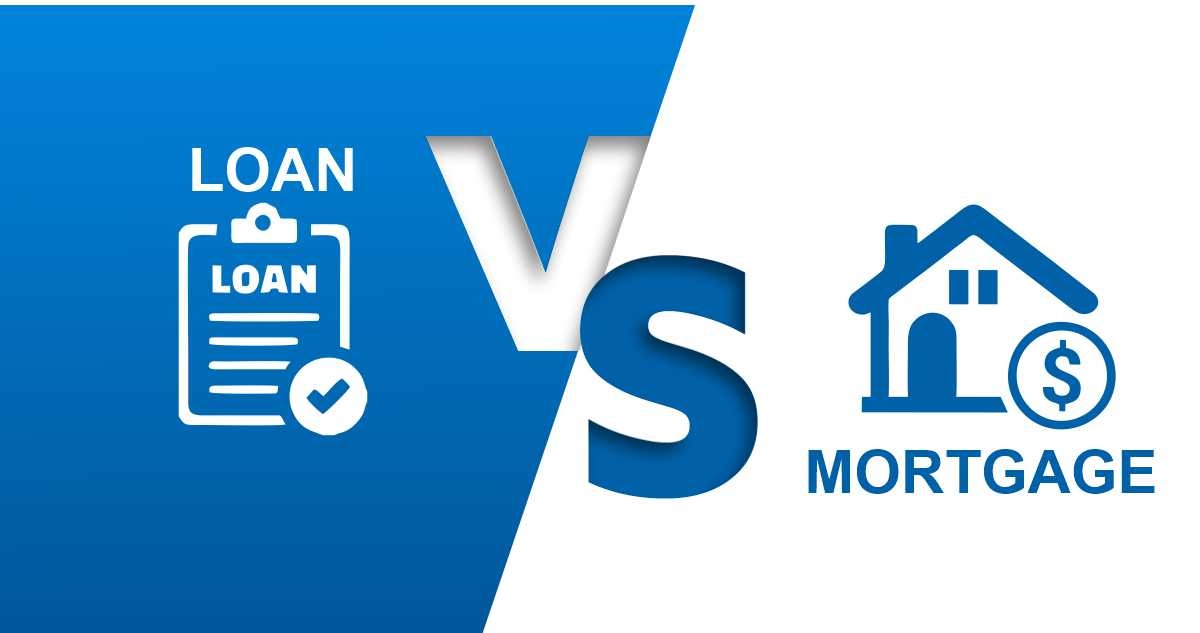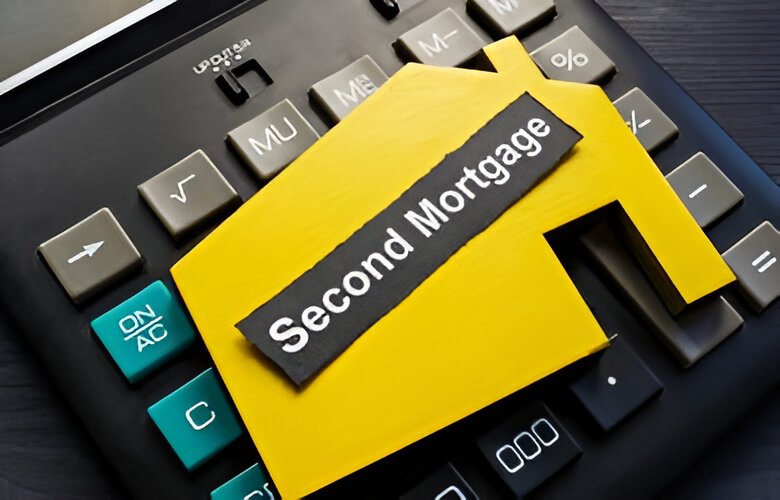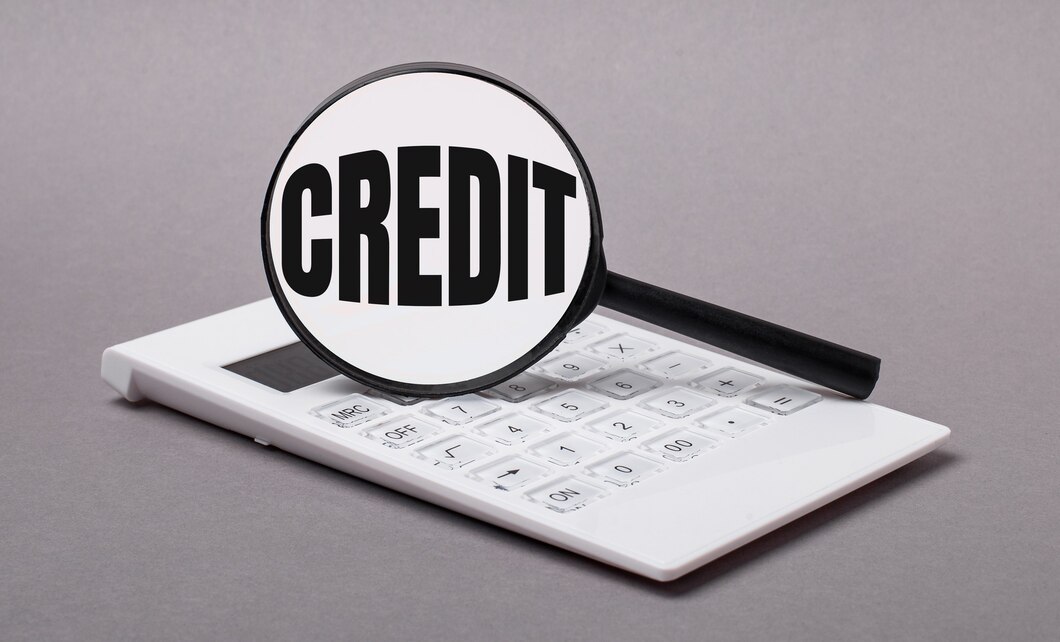Loan Vs Mortgage
You’ve definitely heard the phrases “loan” and “mortgage” used interchangeably if you’re about to start the thrilling journey of purchasing a new house. Although a mortgage is a sort of loan, not all loans operate the same way. Let’s examine how loans and mortgages operate.
What is a Loan?
A loan is a deal on money between two people. In exchange for repayment of the loan principal plus interest, the lender lends money to the borrower. The borrower consents to assume the debt and repay it in accordance with the lender’s requirements.
Loans come in a variety of shapes and sizes, including term loans and revolving loans. These loans can be taken out for private or business use, and they can be secured or unsecured. Each type is employed in various funding conditions and has different advantages and downsides.
When you borrow money, you consent to paying it back over time with interest. Typically, a term loan requires you to make fixed payments over a predetermined length of time. With a revolving loan, you can take out cash up to a predetermined credit limit and more cash as you make repayments.
What is a Mortgage?
A mortgage is a form of loan, but the conditions of the loan are tied to your home or other property. Because your home or other property is being used as collateral for the mortgage and the mortgage will be recorded on your home’s title, a mortgage is regarded as a secured loan. This means that the lender will have the power to seize and sell your property if you don’t fulfill the terms of the mortgage. This process is called foreclosure.
A mortgage can also be used to access the equity in your current house for other uses such as buying or refinancing a new home or property. This is a great option as most borrowers lack the whole amount of cash required up front for the purchase.
Through a financial background check, where they consider your credit score, income, and debt-to-income ratio, lenders decide whether to offer a mortgage. Since the value of the property will affect how much money they can loan you under the mortgage, lenders typically also order an appraisal to evaluate the property’s value.
How do you use Loans or Mortgages?
A loan can be used for home purchases or other financial needs. Here are a few common loan types to give you an idea:
- Secured loans are frequently utilized for more expensive purchases, such a car. The car is regarded as security for the loan.
- Unsecured personal term loans can be used for many different purchases, such as debt repayment, wedding expenses, or remodeling a bedroom.
- Credit cards and lines of credit are examples of revolving loans. As borrowers pay off the debt loaded onto the card or withdraw from the line of credit, they can be used repeatedly.
- Your education-related student loans have defined repayment terms. When a student loan is supported by the government, borrowers may occasionally be able to take advantage of special repayment aid programs.
What is Collateral?
Some loans require collateral in order to be approved. Assets pledged to a lender as security for loan repayment are known as collateral. The lender may legally keep and sell the collateral if the borrower defaults on the loan.
Automobile are regarded as collateral for auto loans. The vehicle might be seized if the borrower stops making loan payments. The lender has the right to sell the car, settle your debt with the proceeds, and recoup any unpaid sum from you.
Cash can be used as security for other loans. For instance, people who have trouble receiving a loan or credit card might improve their credit using a secured credit card.
Your home or other property is the collateral for a mortgage. The lender has the right to claim and sell the property if you, the borrower, fail to fulfill your contractual commitments.
What are the requirements?
Different loan types can have different borrower requirements. Typically, a lender will require the following:
- Proof of income and employment. You will likely need to show your salary slips and/or an employment letter.
- Debt-to-income ratio. This is calculated by dividing monthly debt by monthly gross income (the amount earned before anything is taken out).
- Minimum credit score. Each lender sets its minimum credit score, but generally, any score over 680 is considered average to good.
- Collateral for secured loans. If it is a vehicle loan, the collateral is the vehicle you are purchasing. However, if you are applying for a secured personal loan, lenders could accept paid-off cars, bank savings deposits, and investment accounts as collateral.
- Credit cards usually have fewer requirements, which can include things like having a verifiable income, a physical address and the required minimum credit score set by the lender.
Mortgages are a type of loan that can require more documentation. If you are applying for a new mortgage loan or refinance, expect to provide the following information:
-
- Proof of income and employment
- A list of assets, including bank account totals, vehicles and investments
- A list of debt and payment obligations
- Information about the property to be used as collateral
How do I know whether to use a mortgage or a more general type of loan?
Two forms of borrowing options that can assist borrowers in funding their dream purchases are loans and mortgages. Depending on your particular financial position, you can choose what will work best for you. Working with a financial advisor will help you determine the optimal borrowing strategy for you as you progress toward your financial objectives.








